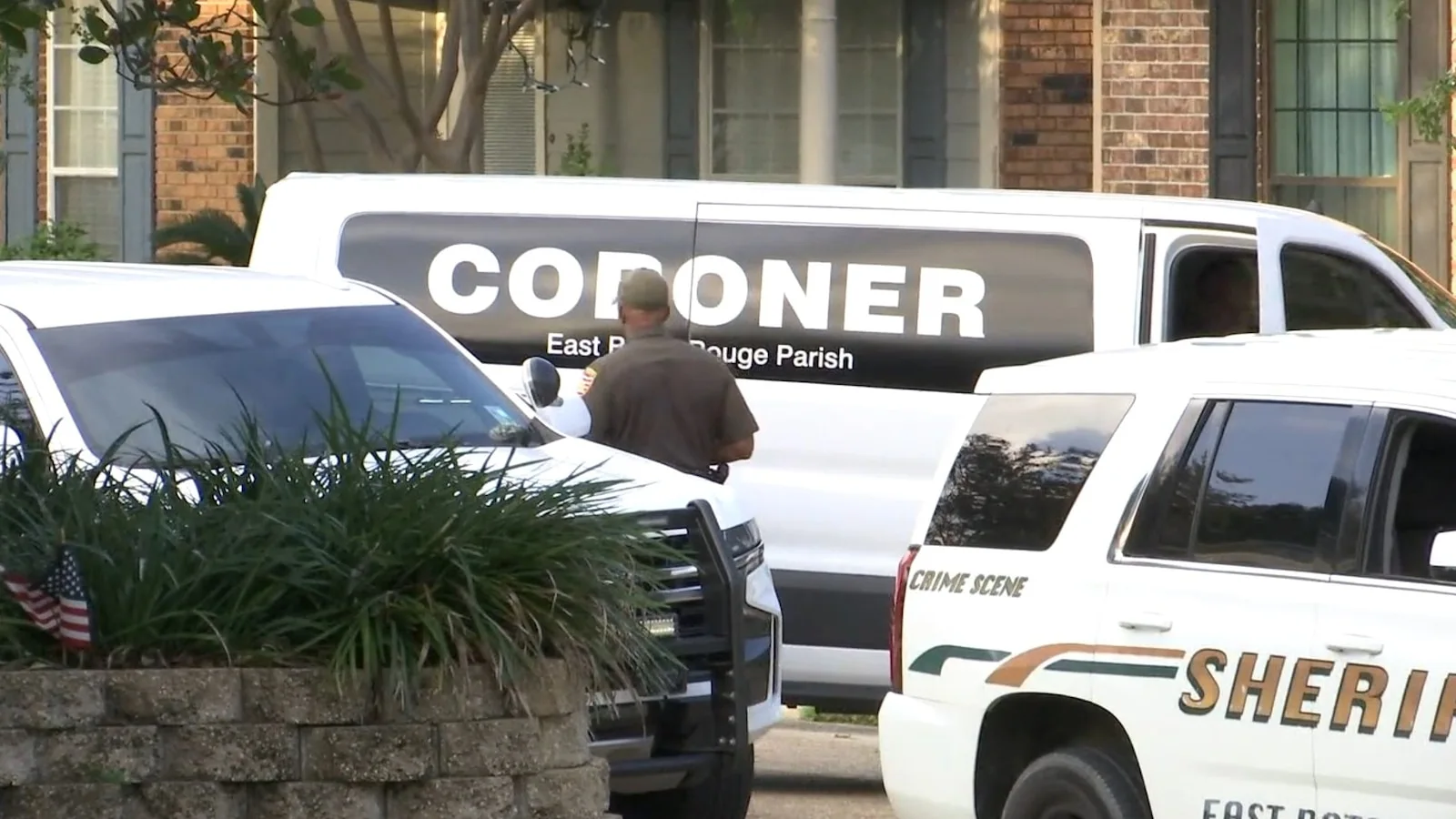A 6-month-old boy died after being left for hours in a hot car in Louisiana, authorities said.
The baby was found dead in the backseat by his parent at about 5:46 p.m. Tuesday, according to the East Baton Rouge Sheriff’s Office.
When the parent went to pick up the baby from day care after work, they realized they forgot to drop him off at day care that morning, the sheriff’s office said.



From the Pulitzer article (please read it):
You posted the article after I posed the above comment. I have read it.
Edit: to the downvoters: should I have not read it? Because I get you downvoting the previous comments but I’m not sure what your problem is with this one.
Yes, again, I read it. You showed I was wrong. I’m not sure what you or anyone else wants from me.
OMG… read the article. j/k